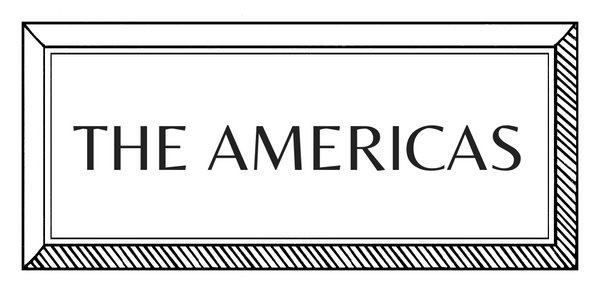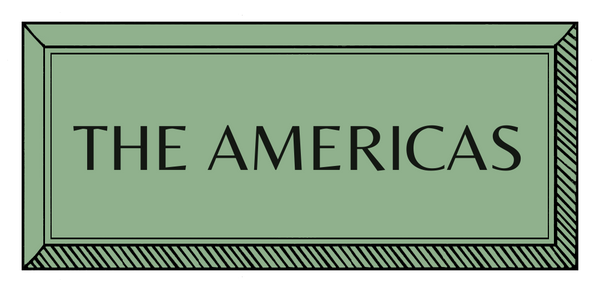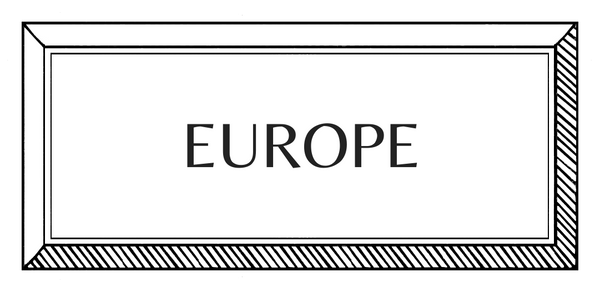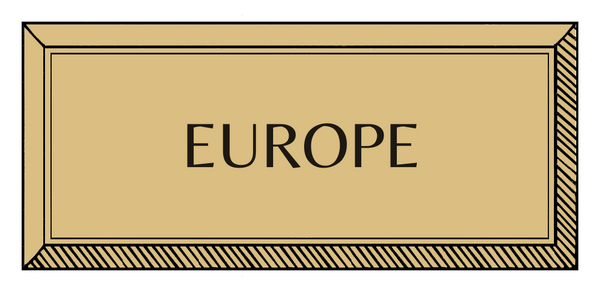CRAFT STORIES | EUROPE | FRANCE | CERAMICS
The Story of Poterie Not

It is in the department of ‘Aude’ in Occitanie, near the well-known town of Castelnaudary (famous for its Cassoulet), down a small country road across from the Canal du Midi that ‘Poterie Not' suddenly appears. The building, which is nondescript from the outside, is made up of a house, a shed and a lime kiln. It’s as if time stood still, but behind those doors lies almost a century of history and craft: the family-owned pottery business, Poterie Not.
The family-run business, Poterie Not, was created in 1857 by the Perrutel family and is continued today by the fourth generation. First, there was Emile, the father of Aimé and Robert, then Jean Pierre and Philippe, their sons respectively, and now Romain, the son of Jean Pierre, who has joined the business.
Since 1857, the traditional techniques have remained the same. In front of the windows, you can see the earth drying outside, the potter’s wheels cluttered with objects and traces of each potter. Clay and dust appears to have gathered over decades. The only concession to modernity is that the old wood-fired oven has been replaced by two gas ovens, and the potters’ wheels are electric with modern lighting.
The speciality of Poterie Not is that they make their own clay, which is extracted on site, dried, and ground as finely as flour then kneaded to the right consistency. This step is crucial as it needs to be the right consistency for the potter to have the perfect clay to turn into ceramic pieces, neither too soft nor too hard. All pieces are then individually made on a traditional potter’s wheel.
The next step is drying which depends on the size of the pieces, and which can take anything from a week to a month. Some of the ceramics are then engobed (a light mixture of clay and water) and after that the glaze will be added to each piece manually. The kiln master then prepares a batch to complete the manufacturing of the pieces. The kilns will fire the ceramics for several days, reaching temperatures of 1000°C and lowering to 40°C when the pieces will be ready for use.
Before the pandemic, Poterie Not was facing closure after a family tragedy. Robert, the brother of Jean Pierre, was killed in a motorbike accident and Jean Pierre was not sure what the future held for the business. The pandemic changed everything. People were working in their gardens and staying at home and suddenly they found themselves with orders for large garden pots.
A surprising transformation happened, and since then Poterie Not has gone from strength to strength. Romain, Jean Pierre’s son, was encouraged to spread his wings and do other things, even training to be a policeman, but has now chosen to join his father in the business. This transition, from father to son through several generations, is what has maintained the authenticity and quality of their craftsmanship.

















































